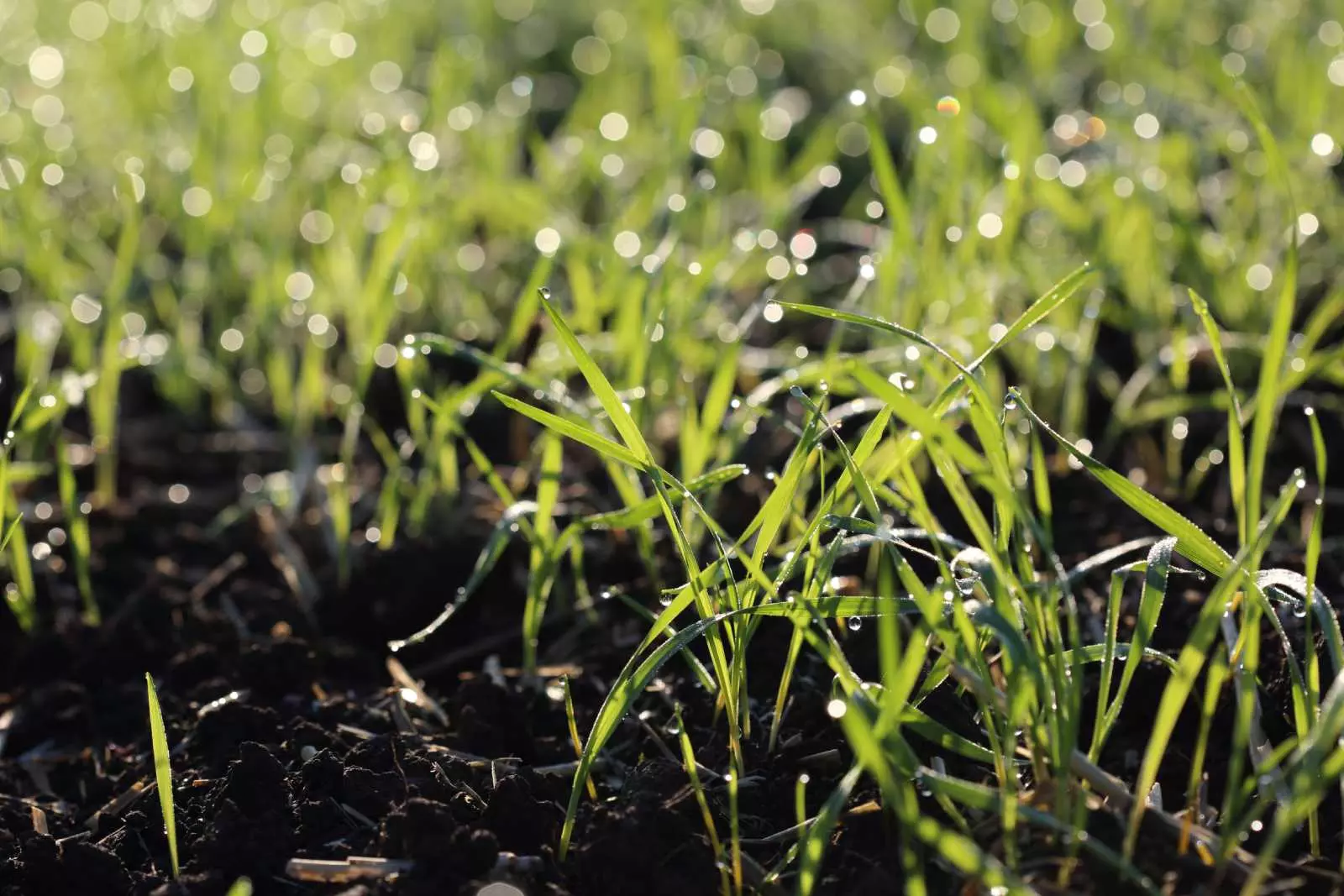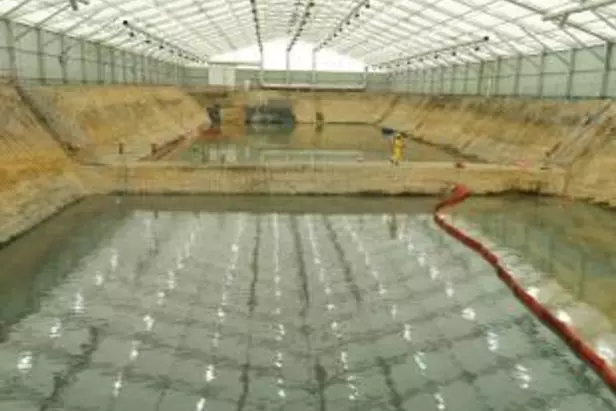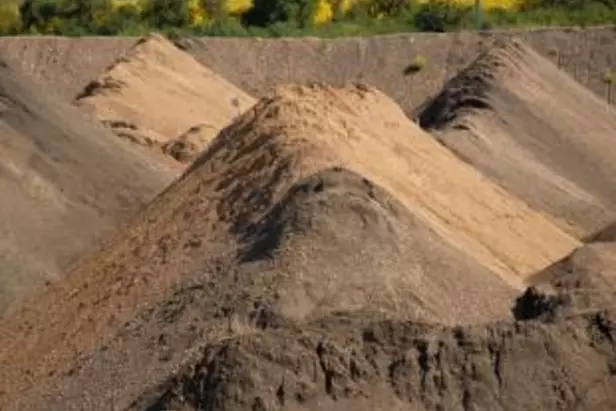Soil pollution linked to human activities
The many impacts of human activities on soil
As early as 2015, the Food and Agriculture Organization of the United Nations (FAO1) estimated that nearly one third of the world's arable land was degraded due to soil erosion, salinization, compaction, acidification and chemical pollution. In many cases, human activities are to blame, including intensive agriculture, increasing urbanization and industrial activities.
Veolia commits to treating 10 million tonnes of hazardous waste and pollutants by 2027.
It only takes a few minutes for soil to be devastated; for example, when an industrial accident causes heavy metal pollution. This pollution can then contaminate the plants growing in the soil, groundwater, surface water and ambient air, thus affecting humans and all living things.
Feeding an ever-growing population, protecting biodiversity, fighting floods: the many services that good quality soil provides make it vital to protect the areas that can be protected and restore those that have been degraded. This is precisely where we come in, in particular with treatment of the various types of pollution that soils undergo and the reconversion of polluted sites.
According to the FAO1, it takes up to 1,000 years to produce 2 to 3 cm of soil under natural conditions.

Our approach to soil remediation
We provide soil pollution solutions to our clients, whether the soil is contaminated by heavy metals, hydrocarbons or any other type of pollutant. These solutions in include biological and soil remediation, air injection, and pumping of groundwater. We select the appropriate techniques for each site and then manage the entire treatment chain.
Our objective is to give a second life to the sites we clean up. This is particularly true of industrial wastelands, which can be rehabilitated and become, for example, sites for the development of urban farming to feed cities.
Avoiding pollution and enriching depleted soils
Our contribution to soil quality goes far beyond pollution control. Firstly, we help to prevent pollution through our waste collection activities, especially the most dangerous and toxic waste, so that it does not contaminate the environment.
Secondly, the organic waste and sewage sludge that we collect are used in the production of fertilizers and organic amendments. These enrich degraded and impoverished soils for the benefit of agriculture and people.
- Reduce environmental footprint
- Release treated soil for use
- Recover excavated non-reusable soil
The Veolia difference

We did it!

France
As part of our partnership with the Société du Grand Paris that started in 2016, we provided treatment solutions for its calls for tenders. Since then, we have been involved in the works, and we are cleaning up some of the excavated material. The total amount of spoil is estimated at 45 million metric tons.

Fiat and the Serbian state entrusted us with the treatment of soil from an active site, which is to house a new vehicle manufacturing plant. In total, 260,000 metric tons of soil have been treated by thermal desorption on site.


